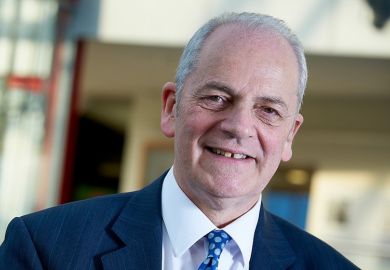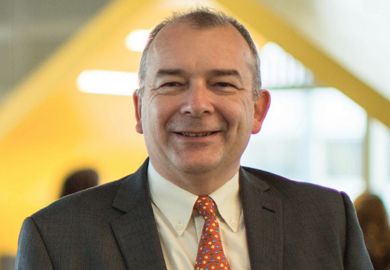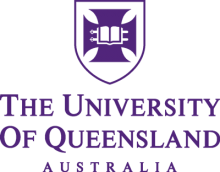Two universities on opposite sides of the world have launched a joint research institute and thinktank aimed at accelerating research into climate change, environmental sustainability, dementia and obesity.
The virtual QUEX Institute, set up by the universities of Exeter and Queensland, is designed to enable academics to pool intellectual resources to provide solutions to some of the world’s most pressing challenges, despite the geographical distance between the institutions.
It will provide initiator and accelerator grants for new and established research partnerships between academics at the institutions, produce publications and policy reports and hold international symposia designed to inform and influence policy.
The institute will also fund a new joint PhD programme that will enable doctoral students to benefit from the combined expertise and facilities at both institutions. The institutions aim to recruit 30 doctoral students on to the programme within the next three years.
The two universities have invested more than £2 million into the think tank.
Janice Kay, provost of the University of Exeter, said the institute will build on the “existing strength” of a long-standing partnership between the two institutions. In the past five years, more than 250 joint publications between the two universities have been published.
“We have been observing for a number of years that the papers that we publish together are 2.5 times more highly cited than [the papers] we publish as individuals in our respective institutions,” she said, adding that five out of Exeter’s six colleges have “very strong links” with staff at the University of Queensland.
The institute is all about “thinking in a cross-continental way about some of the biggest problems,” she added.
“In future we will partner in these very key areas we’re working on like global sustainability and climate change and dementia with some of the best universities in other countries as well.”
She added that she expects the think tank will lead to more student exchanges at undergraduate and master's level between the two universities.
Peter Høj, president and vice-chancellor of the University of Queensland, added that global connectedness and partnerships “multiply the efforts of our dedicated researchers and lead to discoveries and services that create positive change for people around the world”.
Register to continue
Why register?
- Registration is free and only takes a moment
- Once registered, you can read 3 articles a month
- Sign up for our newsletter
Subscribe
Or subscribe for unlimited access to:
- Unlimited access to news, views, insights & reviews
- Digital editions
- Digital access to THE’s university and college rankings analysis
Already registered or a current subscriber?










